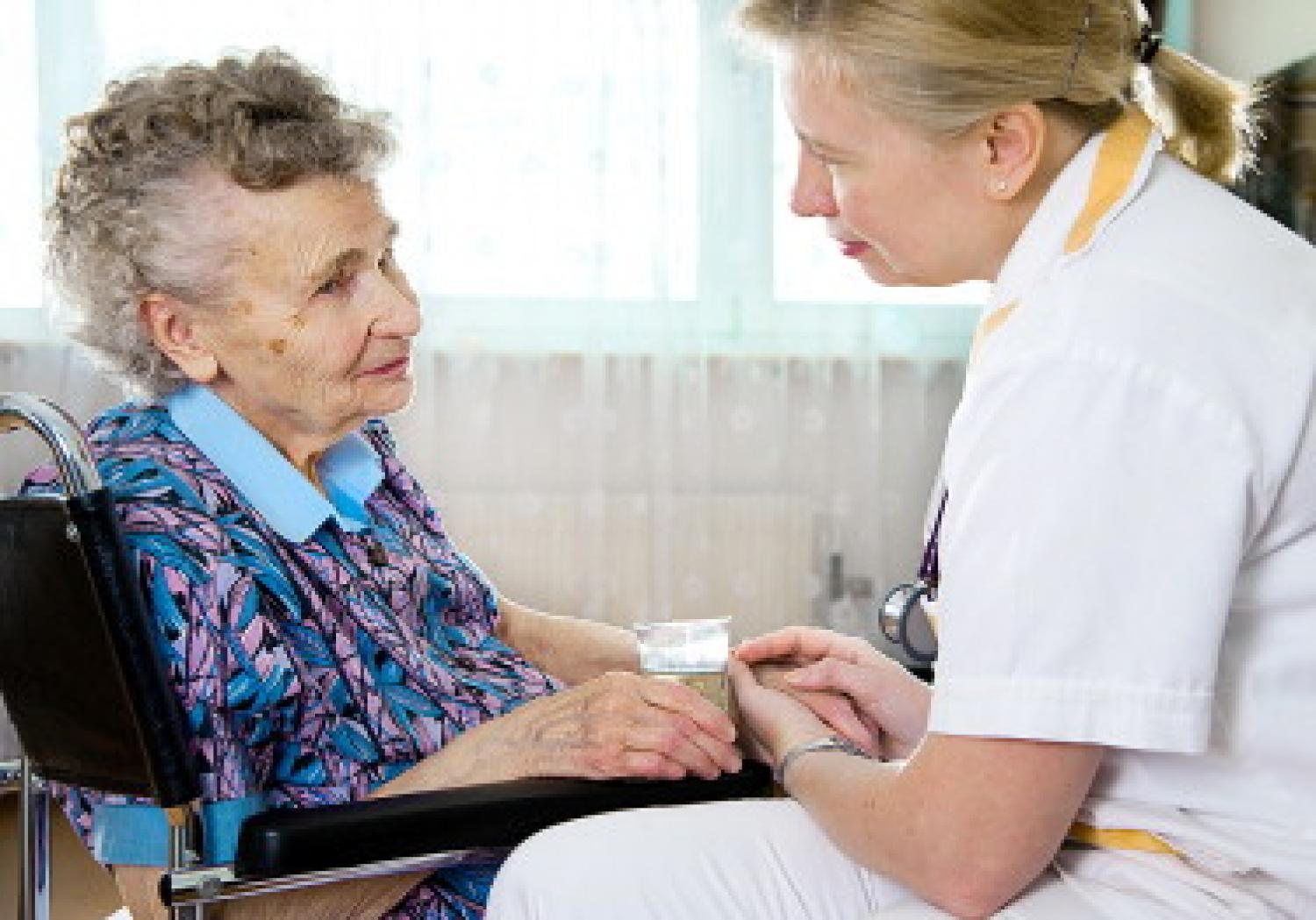
As the older population is expanding worldwide, long-term care issues are becoming increasingly significant from both a national and an international perspective. Long-term care includes both unpaid family caregiving, as well as paid services for those living with a chronic illness or disability. Women constitute the largest proportion of older adults, accounting for approximately 58% of those 65 and older and two-thirds of those 85 and older.1 In 2010, world-wide there were approximately 62 million more women aged 65 years or older than men of the same age.2 Across the globe women are profoundly impacted by the changing demographics as women receive the majority of long-term care (both informal and formal) and provide the majority of long-term care (both informal and formal).
